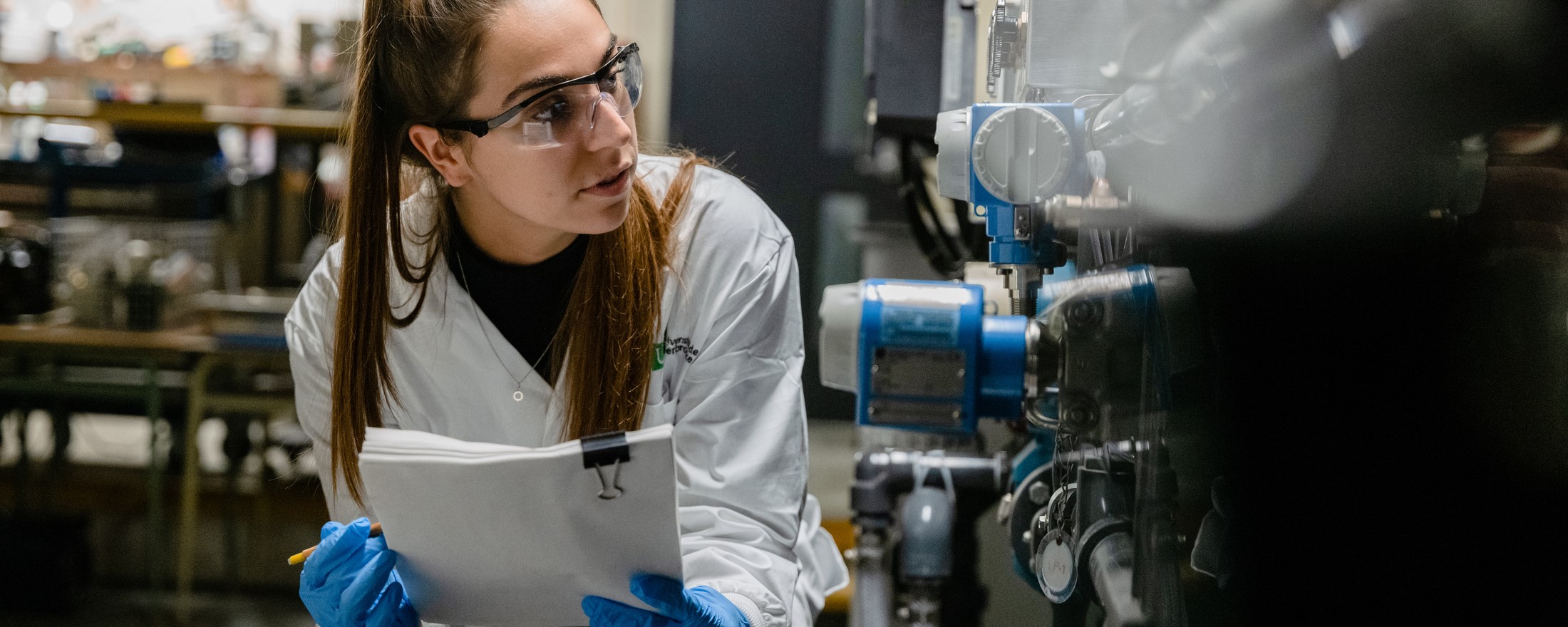Development of thin film doping process for infrared microbolometers
Overview
- RESEARCH DIRECTION
- Nadi Braidy, Professeur - Department of Chemical and Biotechnological Engineering
- RESEARCH CO-DIRECTION
- Mathieu Massicotte, Professeur - Department of Electrical and Computer Engineering
- ADMINISTRATIVE UNIT(S)
-
Faculté de génie
Département de génie chimique et de génie biotechnologique
Département de génie électrique et de génie informatique
Département de génie mécanique
Institut interdisciplinaire d'innovation technologique (3IT)
- LEVEL(S)
- 3e cycle
- LOCATION(S)
- 3IT - Institut interdisciplinaire d'innovation technologique
Project Description
Teledyne DALSA (TD) is collaborating with the Université de Sherbrooke to push back the frontiers of infrared camera performance by designing a new generation of thin films, and devising processes to implement them. AThese materials need to demonstrate a high sensitivity of their electrical resistance to temperature, while being stable and manufacturable on a large scale. The aim of this project is to develop a thin-film doping process compatible with industrial requirements. The impact of doping on the electrical, optical and thermal properties of the films will be explored and evaluated. The successful candidate will (i) identify the doping strategies and manufacturing parameters required to form the target films, (ii) develop protocols for synthesizing films with different dopants, (iii) quantify the different structures of the films produced and model the kinetics of film transformation. XRD and XRR analyses, combined with electrical measurements and infrared spectroscopy, will be carried out throughout the process to generate analysis profiles as a function of doping composition. Ultimately, the aim will be to understand the relationship between process parameters and microstructure in order to maximize the performance of doped thin films for microbolometer applications. This thesis will be supervised by UdeS experts in nanomaterials and microelectromechanical systems (MEMS), Profs Nadi Braidy, Luc Fréchette and Mathieu Massicotte. The work will be carried out at UdeS's Institute for Interdisciplinary Innovation in Technology (3IT), at the Centre de Collaboration MiQro Innovation (C2MI) and at TD's Bromont plant. The 3IT is a unique institute in Canada, specializing in R&D related to energy, environment, and health issues. C2MI is an international center for collaboration and innovation in MEMS and advanced encapsulation. Finally, Teledyne DALSA, one of the world's largest pure-play MEMS foundries, has been operating for over 30 years in Bromont, with 3,800 m2 of cleanroom space. The trainees will thus benefit from an exceptional research environment and a multidisciplinary academic and industrial team working hand in hand to develop the technologies of the future. Profile required • University degree and master's in materials science and engineering or in the field of physics. • Basic knowledge in materials science and characterization, micro/nanofabrication and/or semiconductor physics. • Assets: clean room experience, 2D materials and/or electrical measurements. • Ability to communicate orally and in writing in English or French; • Strong capacity for adaptation, autonomy, teamwork and problem-solving; • Strong interest in materials physics, crystallography, microscopy and interdisciplinary R&D. Contact: emplois-materiaux@usherbrooke.ca Documents to be supplied: CV, university transcript, statement of interest and 2 references
Discipline(s) by sector
Sciences naturelles et génie
Génie chimique, Génie électrique et génie électronique, Génie mécanique
Funding offered
To be discussed
Partner(s)
Teledyne DALSA, C2MI
The last update was on 24 July 2024. The University reserves the right to modify its projects without notice.
